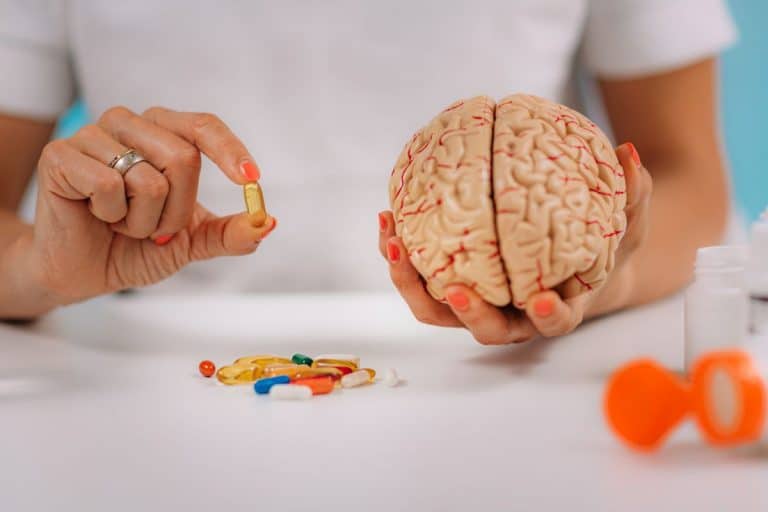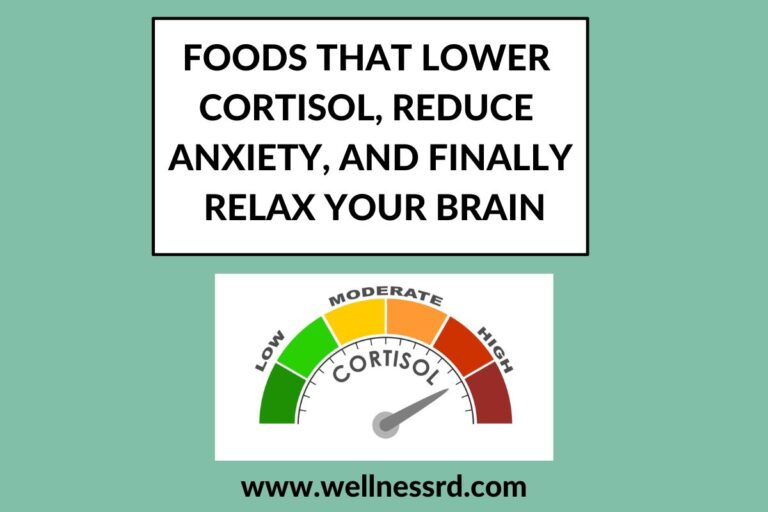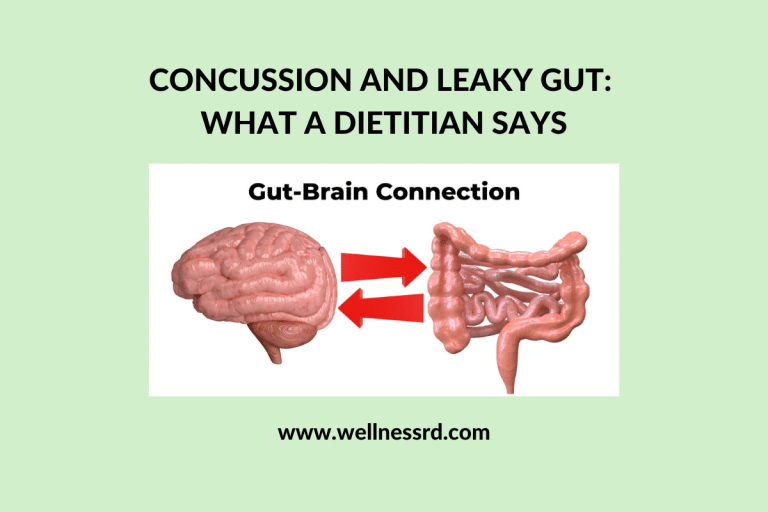Secrets of Nutritional Lithium: Optimize Your Brain Health Now
How does nutritional lithium affect your brain?
You may have heard of lithium but what about nutritional lithium?
Unlock the secrets of nutritional lithium to optimize brain health.
In this article, we will discuss nutritional lithium, the link between lithium and mental health, how it can protect your brain, and dietary sources of lithium as well as supplements available.
This information is for educational purposes only. As with any medical advice, always check with your doctor or healthcare professional for personal and age-appropriate recommendations.
Want a copy of this article? Click here to download a copy.

Table of Contents
What is Nutritional Lithium?
Lithium is a naturally occurring mineral found in water and soil. One of the most common sources of lithium today is in your water supply.
You may have heard of pharmaceutical lithium prescribed by doctors for mental health disorders. At these higher doses, blood lithium levels need to be monitored for therapeutic treatment.
At lower doses, often called nutritional lithium, this nutrient has been shown to be neuroprotective, improving mood, and promoting neurogenesis (brain growth factors) (1).
History of Lithium
Lithium is a mineral first discovered in 1817.
Did you know that 7-Up used to be called “Bib-Label Lithiated Lemon-Lime Soda”? The slogan for this beverage was “It takes the ouch out of grouch.” (2). Why? This beverage contained lithium and it was known for helping mood. The “7” represented the atomic weight of the element lithium (which was 6.9 rounded to 7) , and the “Up” was because it lifted people’s spirits (3).
Nutritional Lithium Benefits
Lithium for Brain Health
You may have heard about lithium in mental health disorders (4). It protects the neurons and brain by preventing inflammation, oxidative stress, cell death, and mitochondrial dysfunction (5). Lithium crosses the blood brain barrier and increases brain derived neurotrophic factor (BDNF– a growth factor for brain development and neuroplasticity).
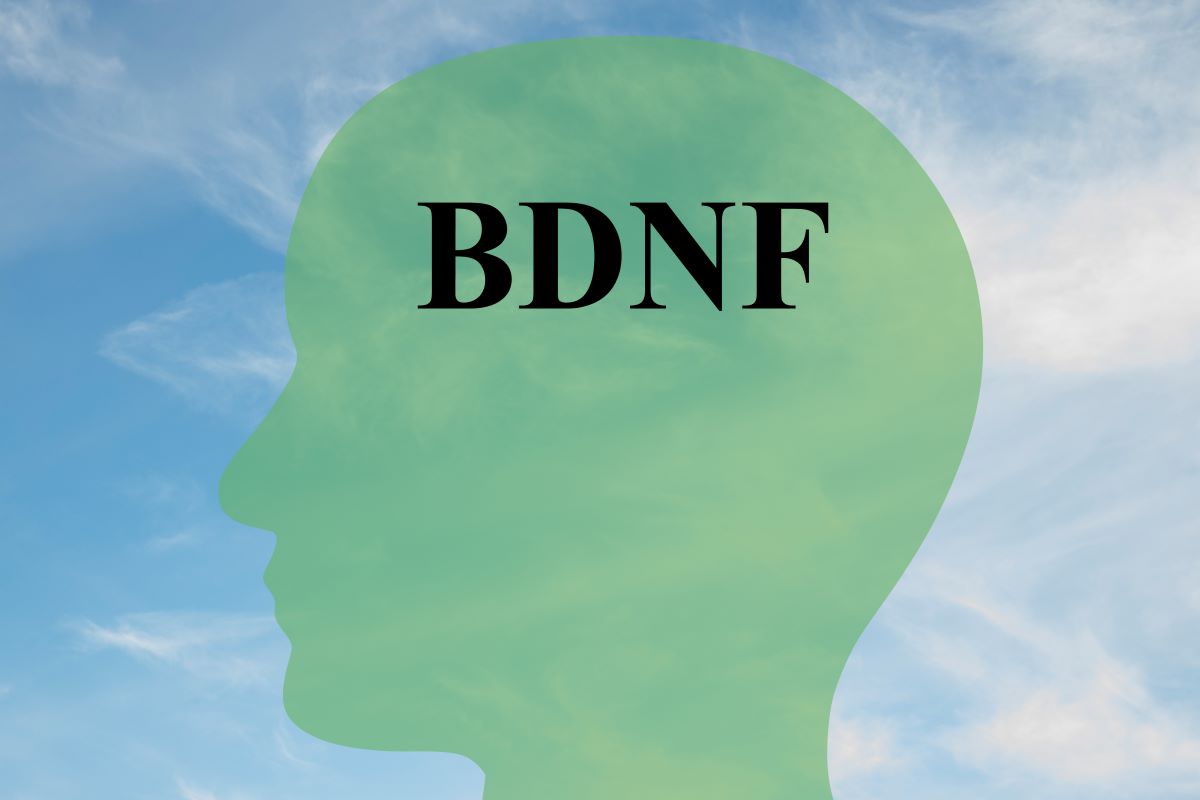
A small placebo-controlled study in 1994 resulted in improvements in mood with a dose of 400mcg of nutritional lithium (6).
Lithium is also important for transporting folate and vitamin B12 into the cells, so if you have elevated blood levels of these vitamins (not getting into the cells), nutritional lithium may be beneficial (7). Both of these nutrients, folate and B12, are important for brain health.
Due to its antioxidant, anti-inflammatory, and neuroprotective effects, nutritional lithium may positively affect (8) :
- Alzheimer’s disease (9, 10)
- Concussion or Traumatic brain injury (TBI)
- Depression and anxiety
- Parkinson’s disease
- Amyotrophic lateral sclerosis (ALS)
- Chronic pain
- Mercury toxicity
- Alcoholism
- Drug addiction
You can see that lithium supports brain health and it can also benefit other chronic conditions.

Other Nutritional Lithium Health Benefits
Lithium is beneficial for many other health conditions including (11):
- Cardiovascular disease
- Osteoporosis
- Sarcopenia
- Obesity
- Type 2 diabetes
- Chronic low-grade inflammatory state (inflammaging)
Testing Lithium Levels
Nutritional lithium is available in low doses, However, lithium levels can be checked by blood draw, urine, or from a hair mineral analysis test.
Nutrition Sources of Lithium
Food Sources of Lithium
Your best food sources of lithium include cereals, potatoes, tomatoes, cabbage, mineral waters, and spices such as nutmeg, coriander seeds, or cumin (12).
Lithium in Water
A study showed higher lithium levels in water were associated with improvements in depression, anxiety, and depression in adolescents (13).
A systematic review and meta-analysis in 2021 demonstrated higher lithium water intakes had significant improvements in mental health (14).
There was one recent study that associated increased maternal lithium consumption in water with autism spectrum disorder during pregnancy. Always check with your healthcare professtional especially during pregnancy (15).
Nutritional Lithium Supplements
Supplement forms of lithium are mainly as lithium orotate. Typical doses start at 400mcg. Some professional supplement brands have 1 and 5 mg capsules.
The RDA for lithium is 1000 mcg (or 1 mg) per day for a 70 kg individual although some state much more is needed (16).
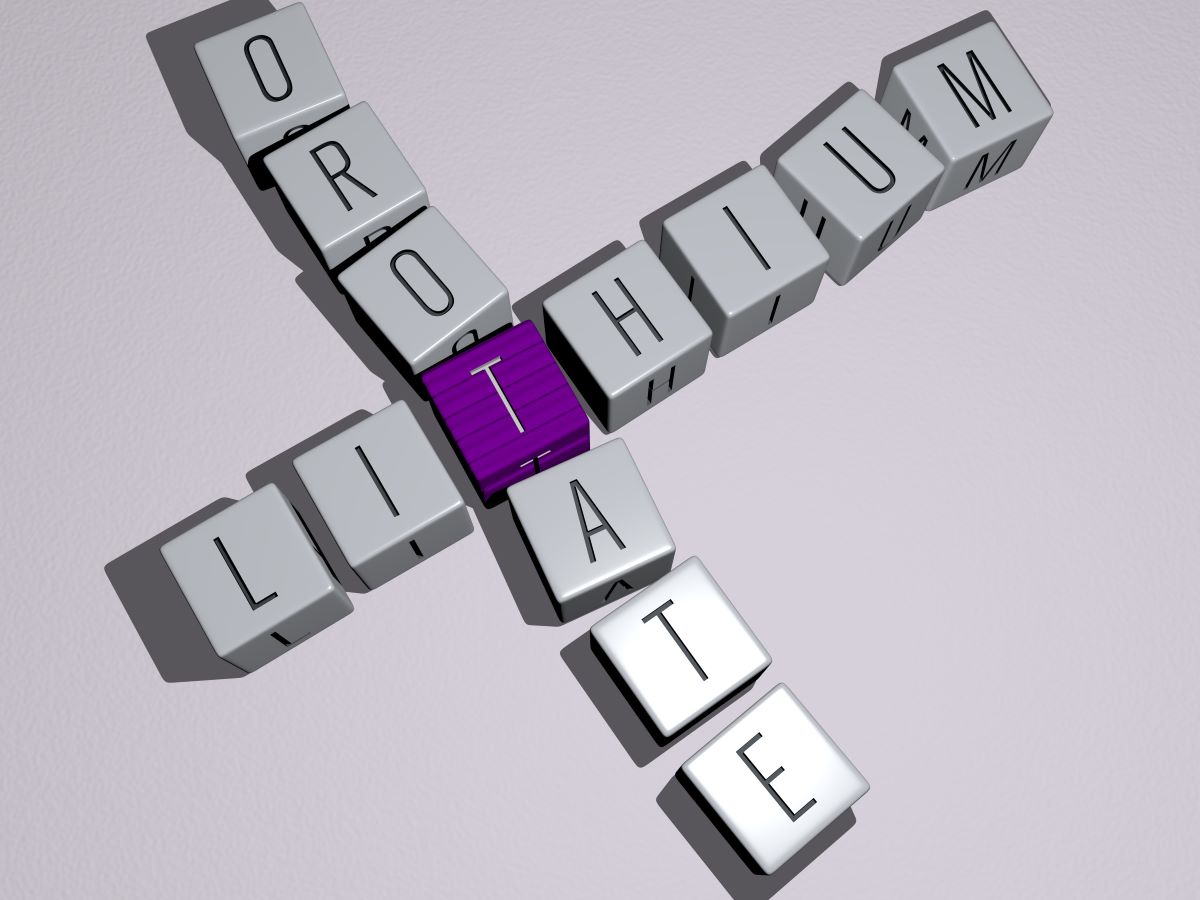
Final Thoughts
Lithium is a naturally occurring mineral found in your water supply and soil.
Lithium at lower doses, often called nutritional lithium, is a nutrient that is neuroprotective and improves mood.
As an antioxidant and anti-inflammatory, lithium protects the neurons and brain from inflammation.
It may provide protection against concussion, depression, anxiety, Alzheimer’s, and others.
Lithium is found in our food supply including cereals, potatoes, tomatoes, cabbage, mineral waters, and spices such as nutmeg, coriander seeds, or cumin.
Supplements can also provide nutritional lithium. Talk to your healthcare provider about nutritional lithium.
Read more from my blog here.
© Amy Archer RDN, CLT, CHWC


